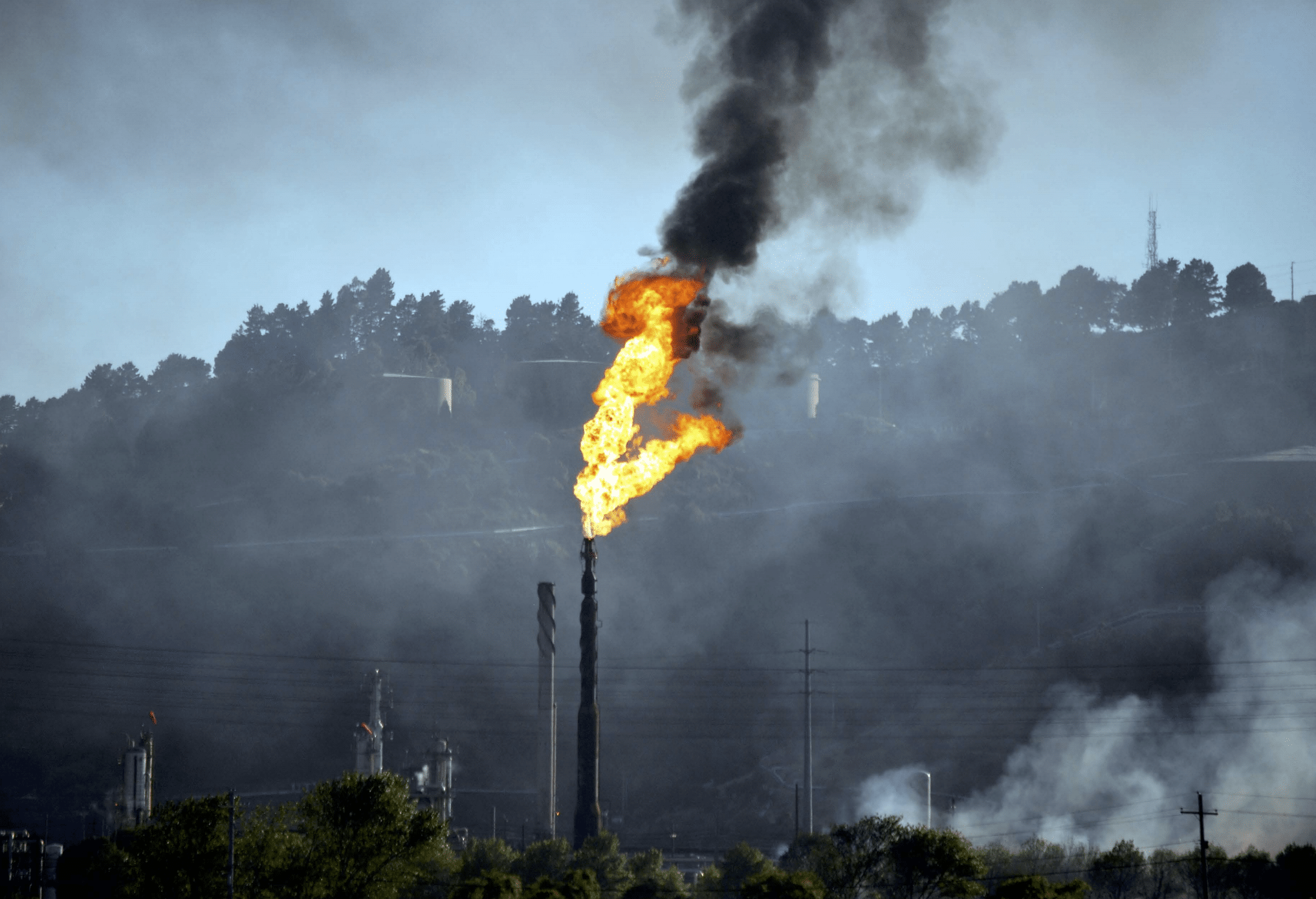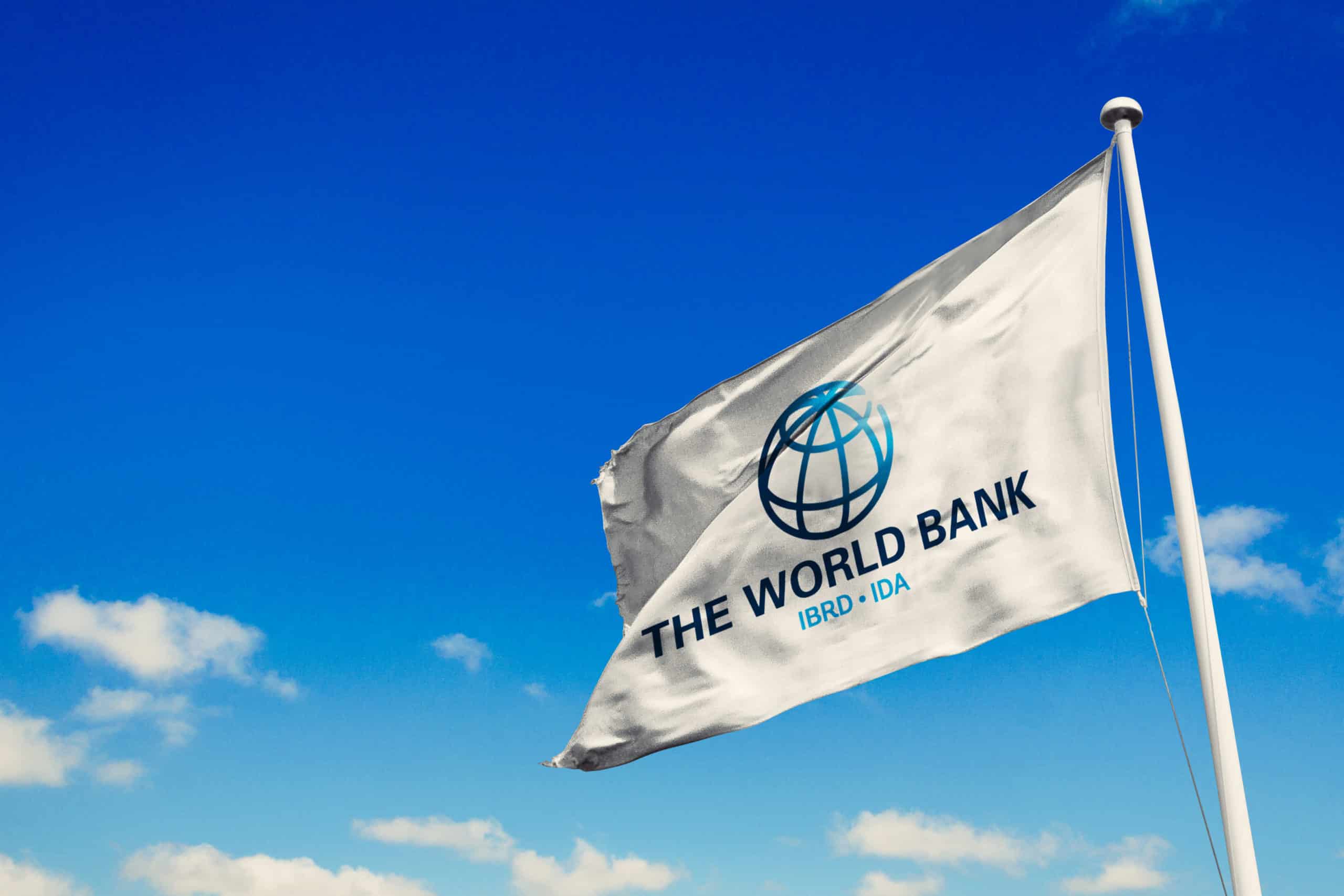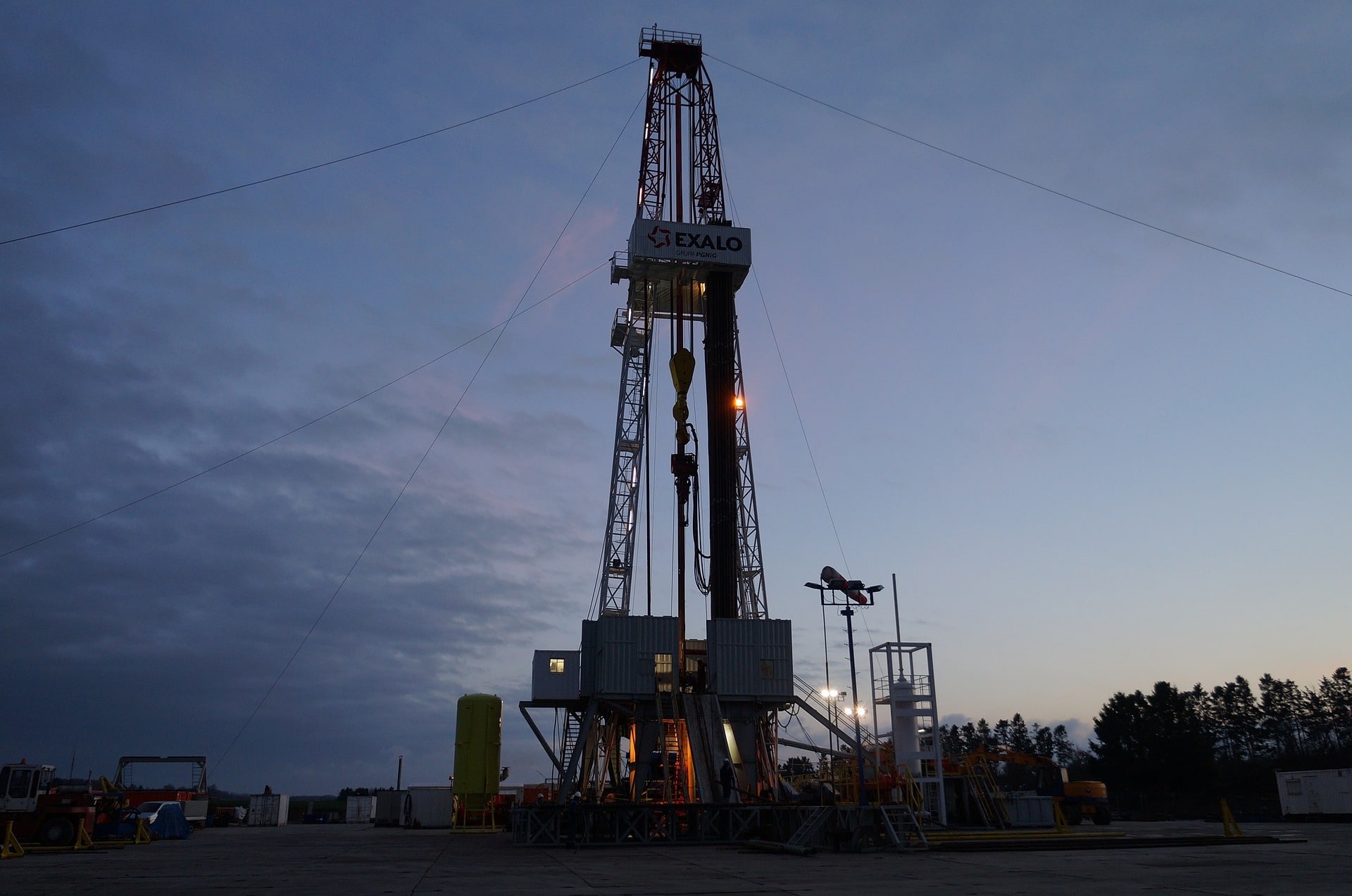
Public Energy Financing Overseas
Public Energy Financing Overseas
The U.S. government has spent more than $44 billion on fossil fuel projects overseas over the last decade. From fracking projects in Argentina to liquified natural gas development in Mozambique, this finance has not only resulted in pollution and environmental degradation, but displacement, violent conflict and human rights abuses.
Public finance flows through different types of institutions like multilateral development banks, bilateral development banks, and export credit agencies. These are all organizations that collect, invest, and distribute our public funds (aka tax dollars).
As part of our international sustainable finance campaign, we track government-backed institutions that fund energy projects overseas. Our campaign works to end public financing of fossil fuels, to give a voice to affected communities, and to push institutions to responsibly invest public money in renewable energy.
Media
Resources
Ways to Support Our Work

Read Latest News
Stay informed and inspired. Read our latest press releases to see how we’re making a difference for the planet.

See Our Impact
See the real wins your support made possible. Read about the campaign wins we’ve fought for and won together.

Donate Today
Help power change. It takes support from environmental champions like you to build a more healthy and just world.

